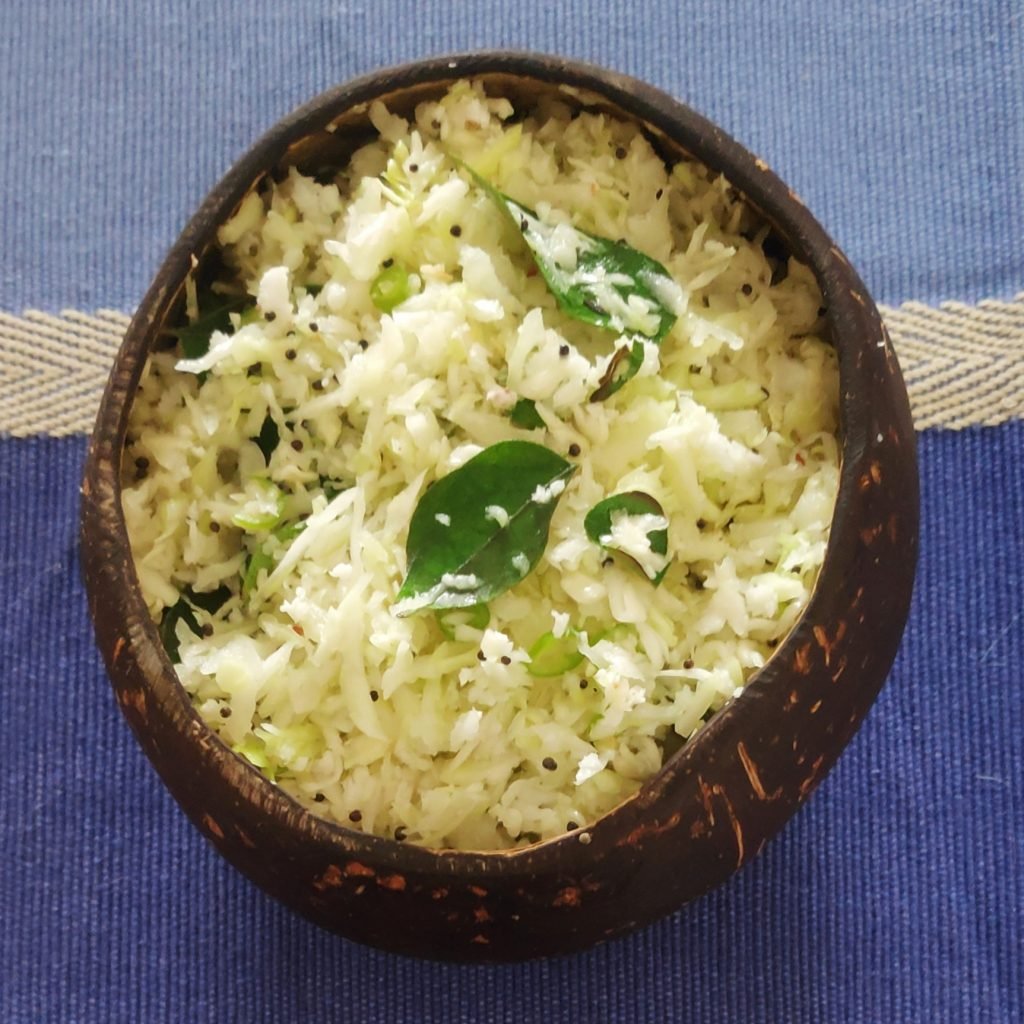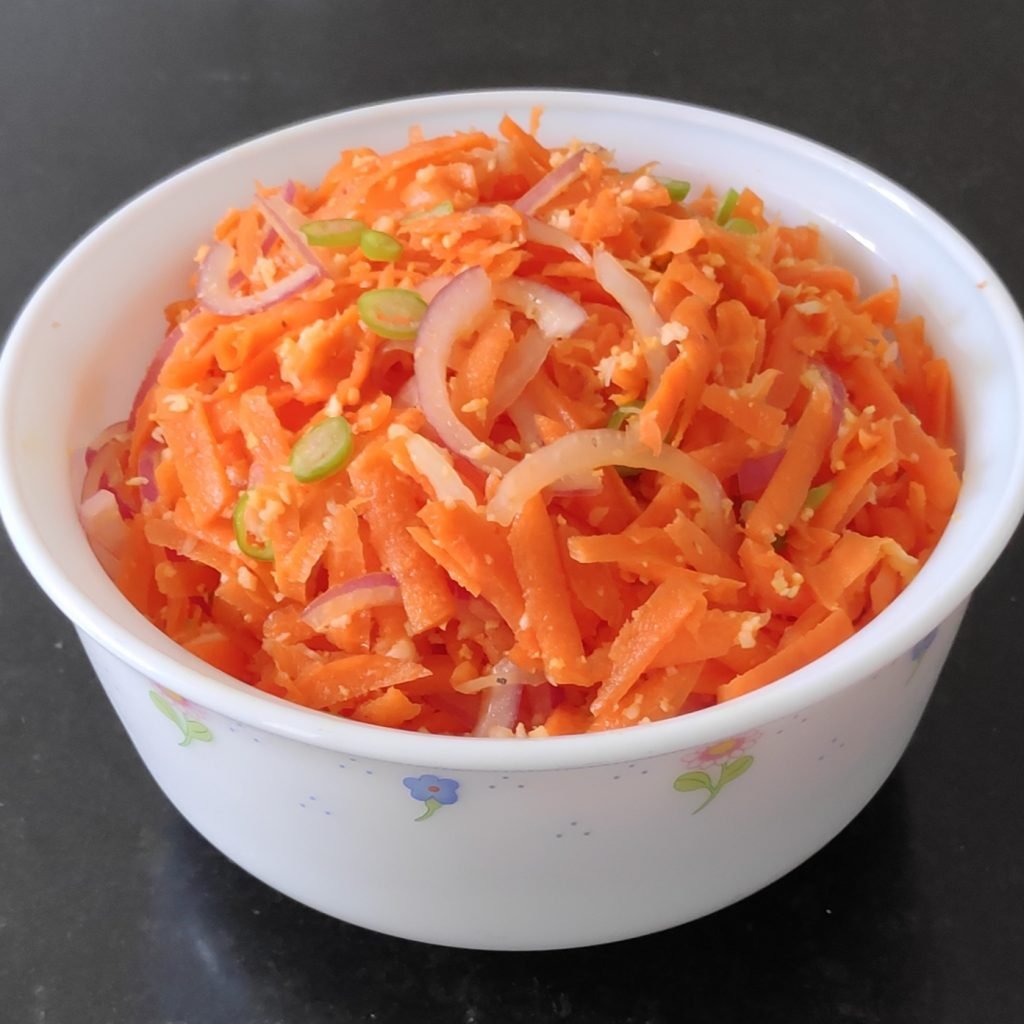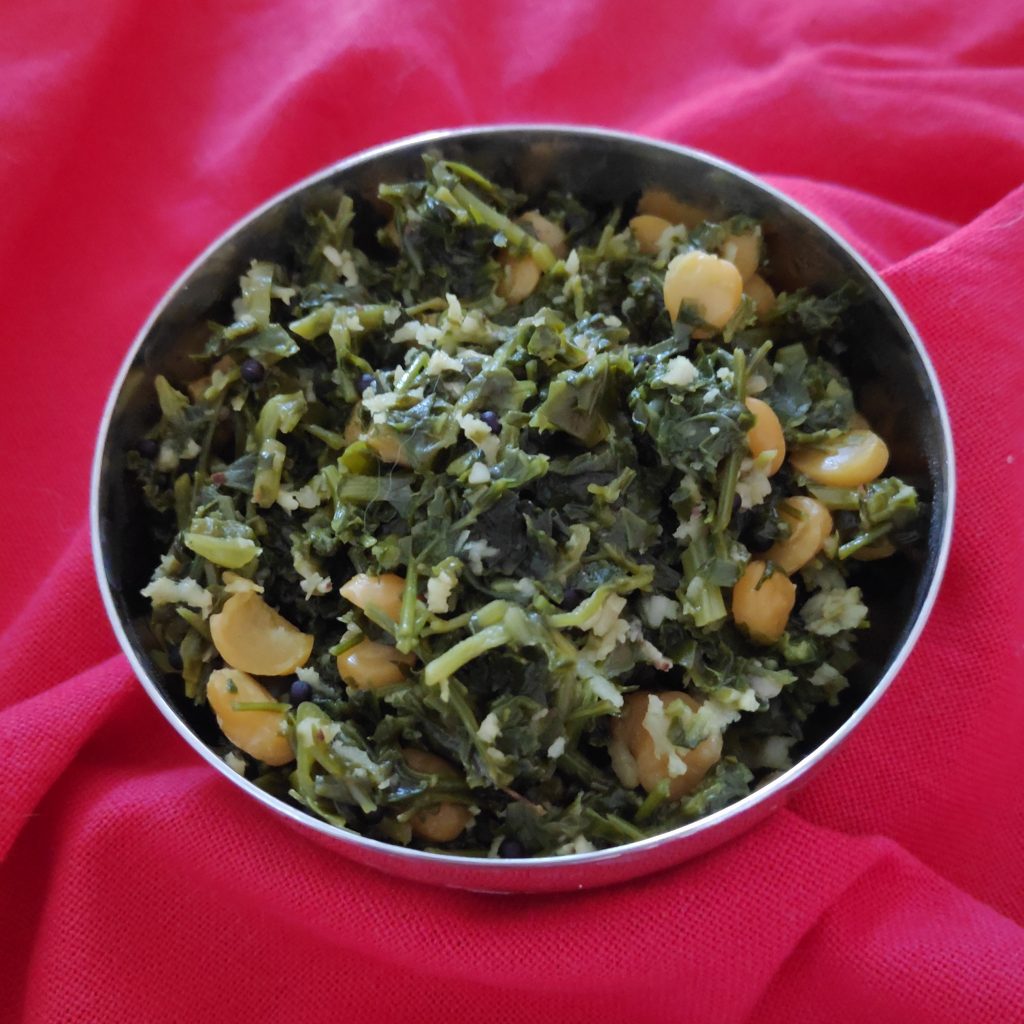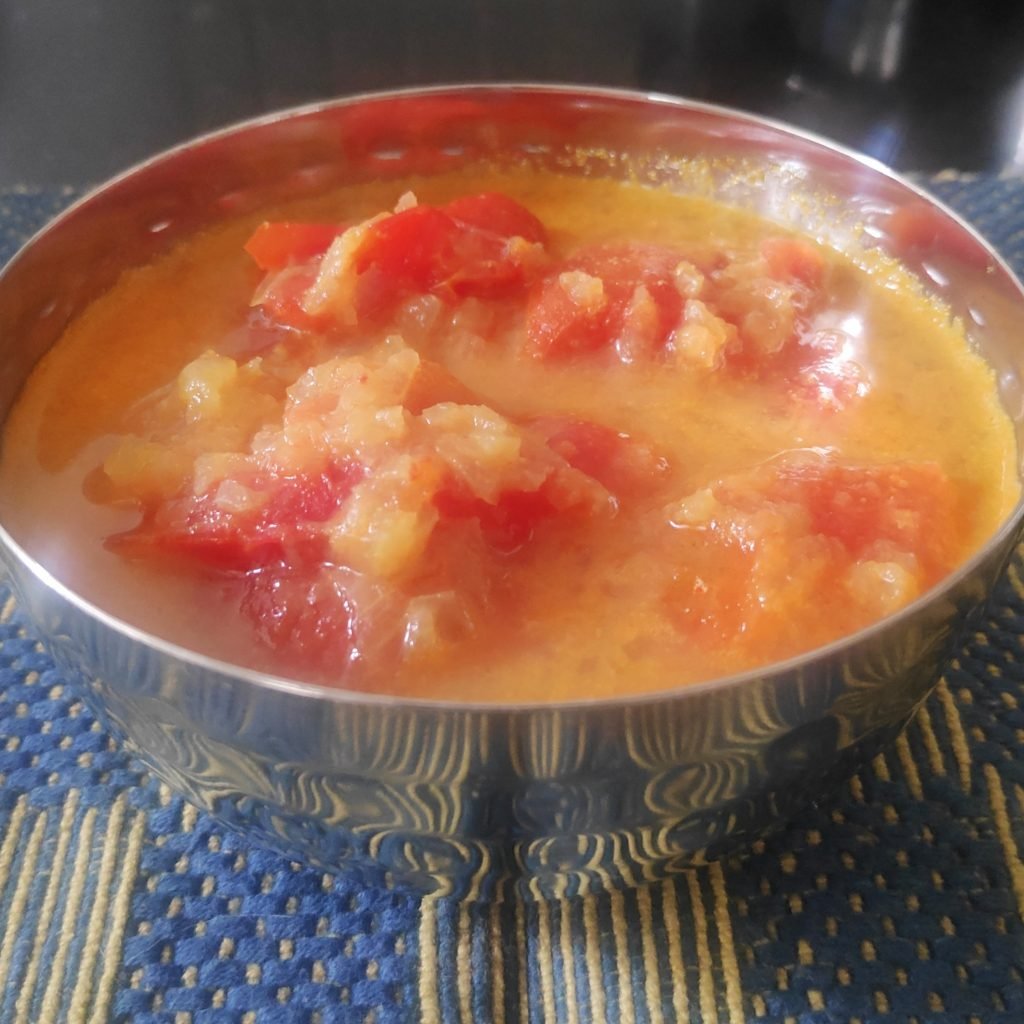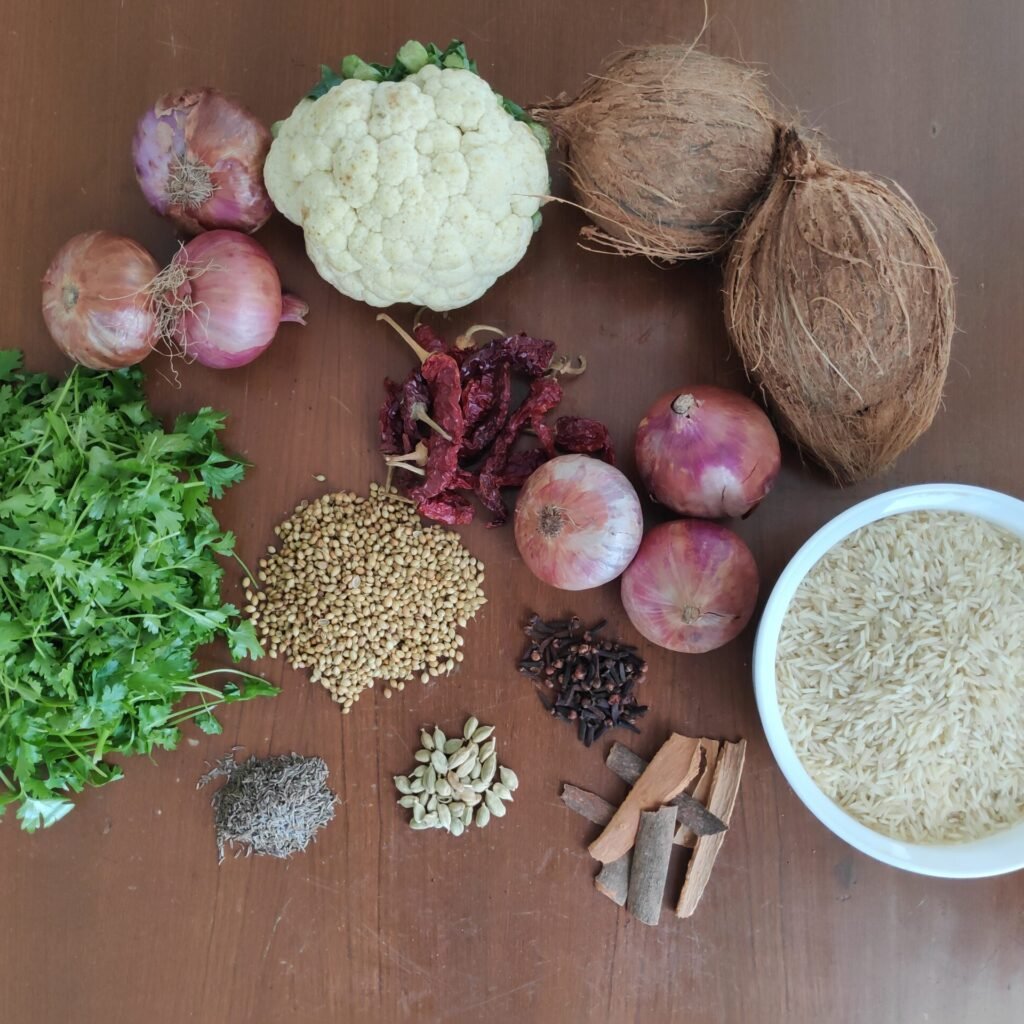Fenugreek and fenugreek leaves are a common ingredient in Indian dishes. They have been used in alternative medicine for a long time because of their strong antioxidant qualities. Antioxidants help in removing free radicals that are the main cause for the damage of cells and aging. Regular consumption of fenugreek leaves helps in weight loss because they are low in calories and high in fibre content. The insoluble fibre in methi leaves also reduces the risk of constipation and promotes regular and healthy bowel movements. Methi leaves are rich in iron and help keep anemia at bay. They also contain high amounts of calcium, and vitamins A, K, and C, so are very good for bone health. These leaves are also rich in folate, which is required for the rapid growth and multiplication of RBCs and WBCs in the bone marrow.
Channa dal or Bengal gram is a staple in India. Bengal gram is rich in protein serving as a building block for our muscles. Chana dal is rich in folates, which is essential in the prevention of diseases like stroke, depression, dementia, among others. It is also rich in calcium and fibre, helping with bone health and keeping blood sugar levels steady respectively as well as with weight loss. One of the greatest benefits of chana dal is that it has no trans fats but has healthy fats instead, that are essential for treating inflammation.
